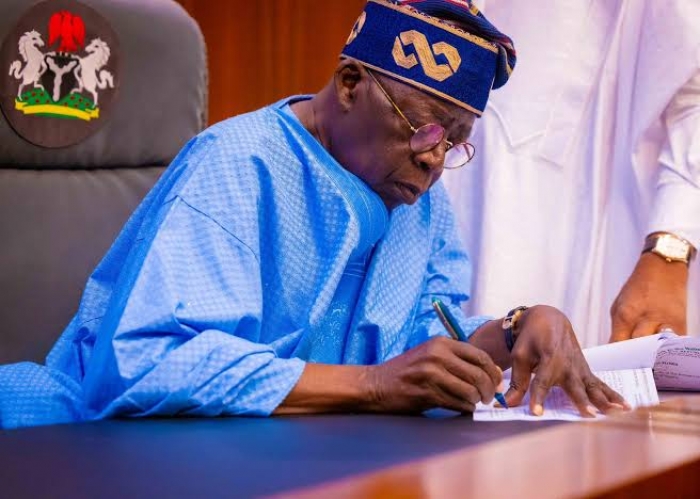Nigeria’s total public debt climbed to N149.38 trillion at the end of the first quarter (Q1) of 2025, driven almost entirely by fresh borrowings by the administration of President Bola Tinubu, while sub-national governments actually trimmed their debt profiles over the same period.
The latest figures from the Debt Management Office (DMO) show that the country’s total debt stock rose by N4.72 trillion or 3.3 percent compared to the N144.67 trillion recorded in the fourth quarter (Q4) of 2024.
Breaking down the numbers, the federal government alone accounted for N74.88 trillion of the domestic debt, a sharp rise from N70.40 trillion in the previous quarter. In contrast, the combined domestic debt of the 36 states and the Federal Capital Territory (FCT) declined to N3.86 trillion in March 2025, down from N3.96 trillion in December 2024.
This continues a broader trend: data from the National Orientation Agency (NOA) revealed that between June 2023 and December 2024, domestic debts owed by state governments and the FCT fell by N1.85 trillion — dropping from N5.82 trillion to N3.97 trillion — largely due to improved allocations from the federation account which helped states rely less on borrowing.
Overall, Nigeria’s domestic debt stood at N78.75 trillion ($51.2 billion), while external debt amounted to N70.63 trillion ($45.9 billion). But the surge in the country’s public debt during Q1 of 2025 is squarely linked to the increased borrowings by the Tinubu-led federal administration, even as state governments demonstrated relative fiscal restraint by reducing their debt exposures.
